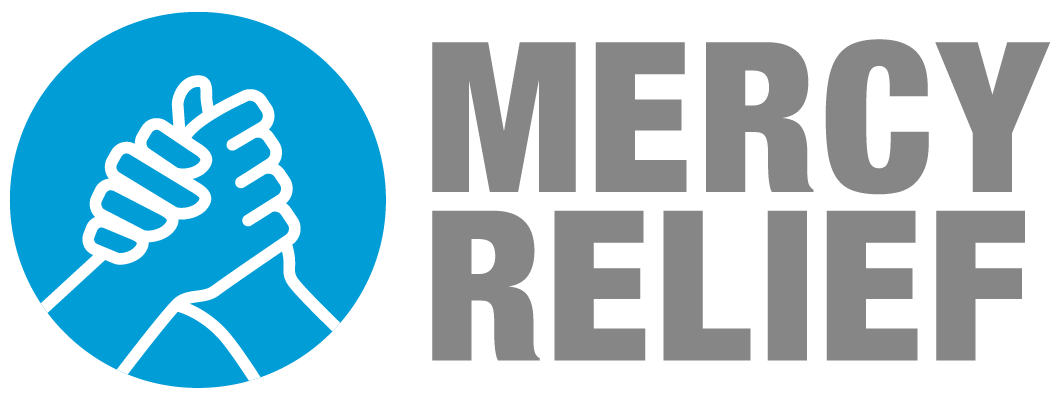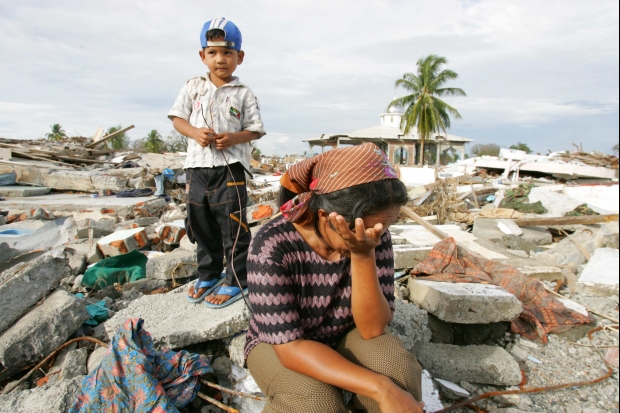Date: 26 December 2004
Magnitude: 9.0
The Indian Ocean Tsunami, triggered by a 9.0 magnitude undersea earthquake on Boxing Day 2004, claimed more than 250,000 lives and rendered at least two million more homeless. The enormity of the crisis saw Mercy Relief join forces with the Singapore military to provide humanitarian aid to survivors in Aceh, Sri Lanka and Thailand. We received overwhelming support from Singaporeans, who donated generously and played a crucial role in supporting our aid efforts.
Partner(s): Singapore Armed Forces (SAF), Singapore Civil Defence Force (SCDF), Singapore Soka Association (SSA), NTUC Fairprice, Cathay Pacific Airways and Airmark Logistics, Singapore Land Authority (SLA), Mediacorp Radio.
How we helped:
- Sent 17 medical relief missions to Banda Aceh and Meulaboh
- This was the first time our medical volunteers worked with their counterparts from the SAF and SCDF to provide humanitarian aid overseas. They treated survivors at the Secata Camp in Banda Aceh, working out of the A&E Department of the Meulaboh General Hospital
- Our efforts continued for a period of four months, and involved 120 volunteers
- Sent more than 1,500 tonnes of relief supplies, mainly made up of medical items, food, water, and tents worth more than S$4 million to the affected areas in Sri Lanka, Aceh and Nias
- SLA allowed us the use of two school premises as collection centres in Singapore – one at Lowland and one at Pasir Panjang
- Mercy Relief collaborated with Mediacorp Radio to distribute new transistor radios to displaced families living in and around Secata Camp in Banda Aceh in an effort to reconnect survivors with the outside world and encourage psychosocial healing
- 11 post-disaster projects were successfully completed by end-2008
How you helped:
- 1,200 volunteers participated in fundraising
- Cash donations and donations in kind, including food, blankets and tents
- 700 tonnes of bottled drinking water was donated
- Half was distributed
- The other half filled 10 units of a water filtration system which produced 100,000 litres of potable water each day
- Clothes, food and medicine were received, sorted and packed by volunteers


